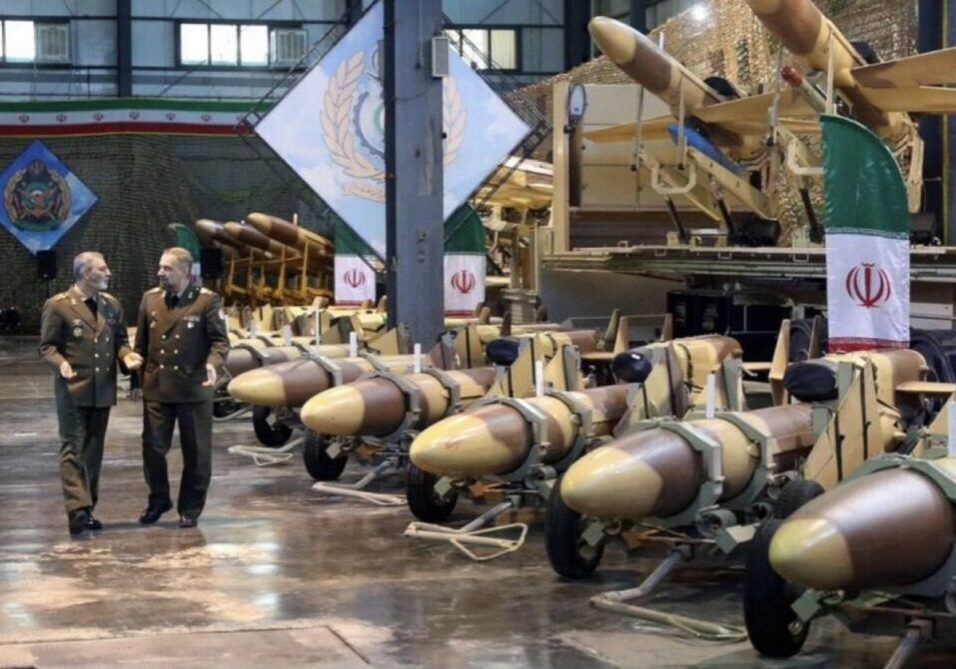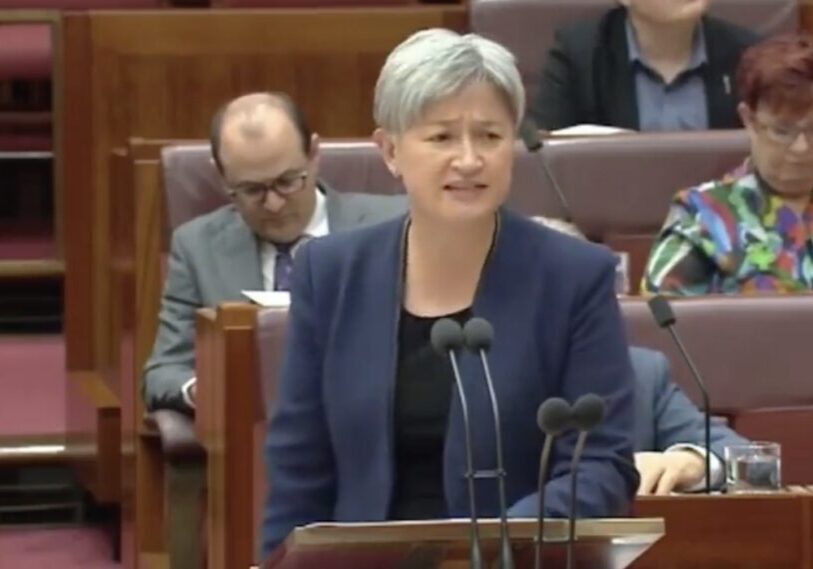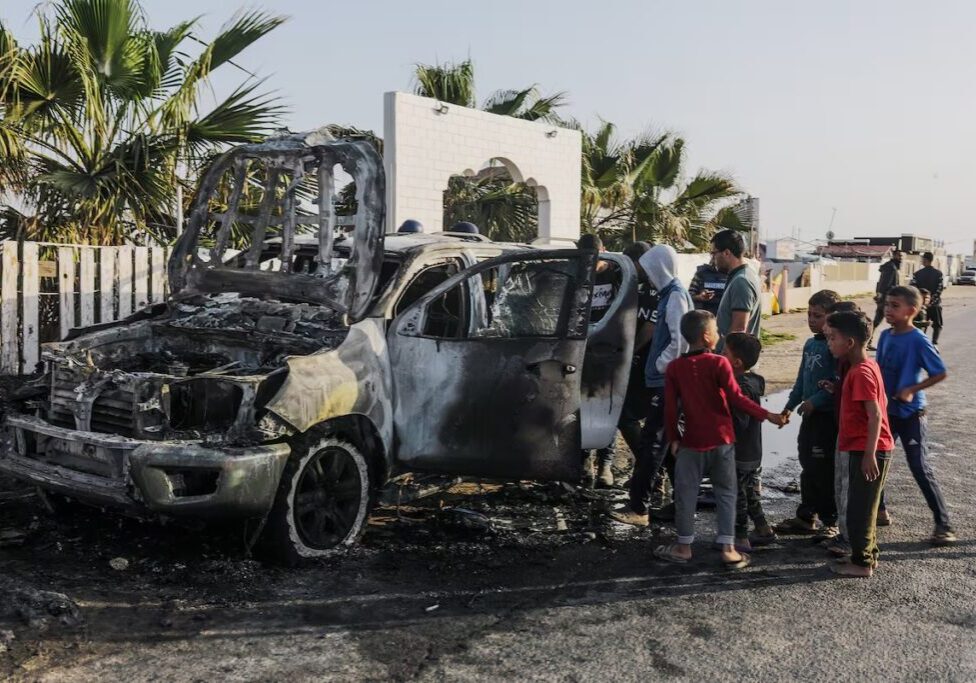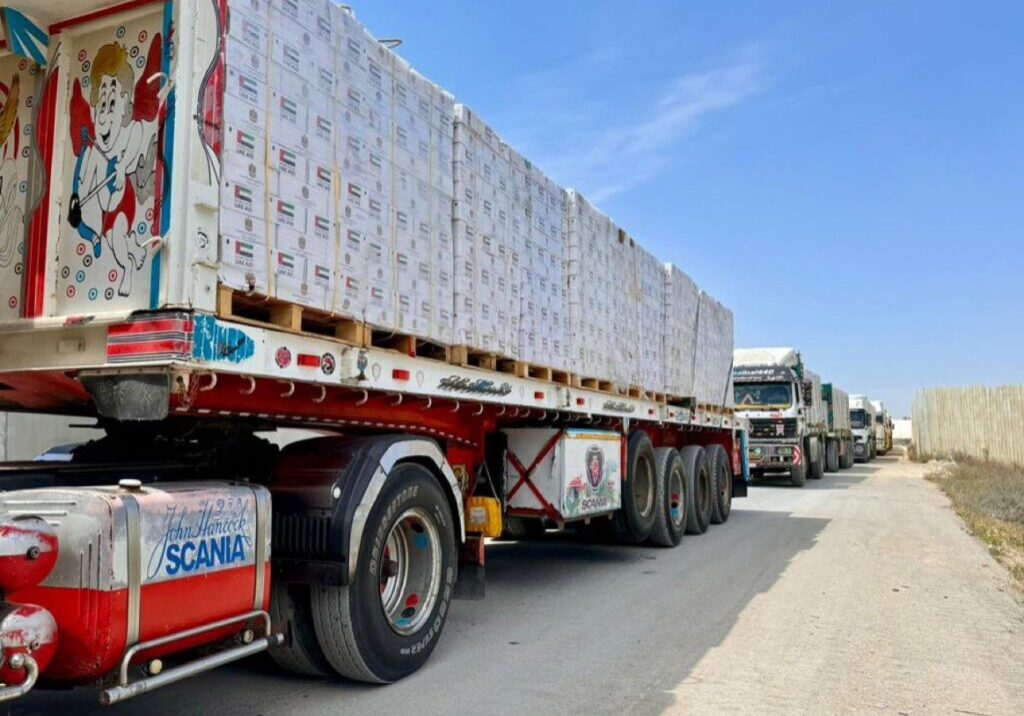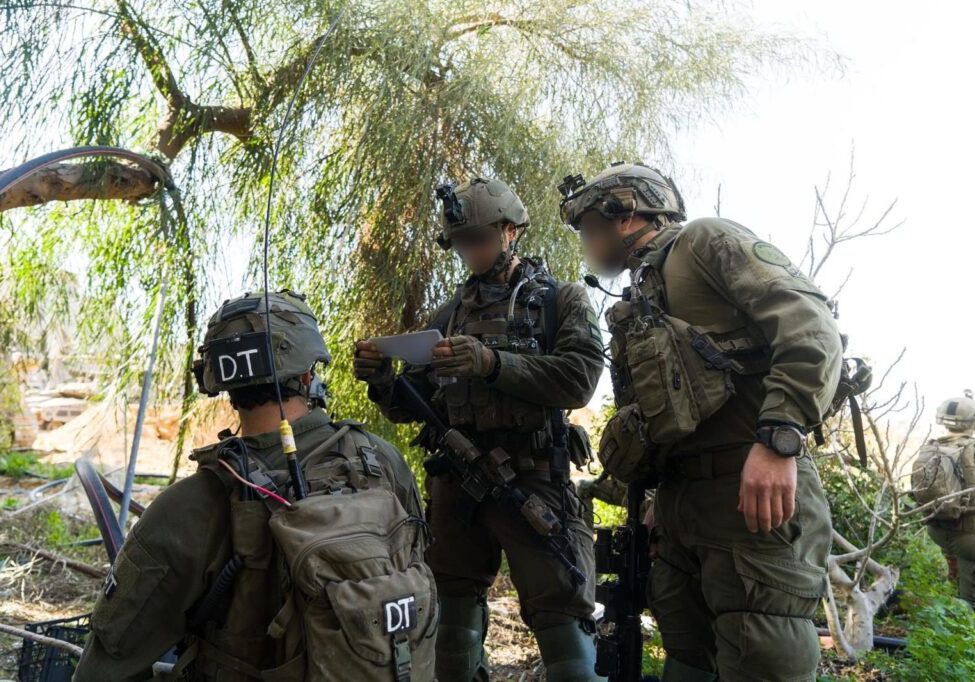Australia/Israel Review
The Diplomatic Channel
Jan 1, 2008 | David Pollock
Changed Middle East gives peacemakers a chance
By David Pollock
The November 27 Arab-Israeli diplomatic event in Annapolis began and ended in just nine hours, and the media have moved quickly on to other things. But this was a significant event, not a one-day wonder.
Here are five good reasons why:
First, Annapolis achieved its primary goal: setting up an ongoing mechanism for Palestinian-Israeli peace talks, starting with another formal session on December 12. This breaks the diplomatic deadlock for the first time since 2000, when the late Yasser Arafat aborted Bill Clinton’s Camp David summit, and launched an armed uprising against Israelis instead. Resuming such talks, of course, offers no guarantee of reaching any agreements but at least it holds out that possibility.
Also, because the two sides have now agreed to conduct negotiations on short-term practical problems and also on long-term “final status” issues – at the same time, rather than in sequence – progress on one set of issues will not necessarily be hostage to the other. And even if no major agreements are reached by the target date of late 2008, the new process will at least keep the peacemaking option open for the next American administration.
Second, and at least as important, Annapolis has already created a much better atmosphere for serious discussions among Palestinian and Israeli leaders. The shift in their rhetoric is nothing short of remarkable. Instead of calling for US pressure on Israel, Palestinian negotiator Saeb Erekat now says American intervention is less important than the will of the two parties themselves. Instead of listing Israeli conditions, Prime Minister Ehud Olmert tells the Israeli newspaper Haaretz that “if the day comes when the two-state solution collapses, and we face a South African-style struggle for equal voting rights, then, as soon as that happens, the State of Israel is finished.” This kind of talk is not only new but also quite encouraging for those who seek Palestinian-Israeli peace.
Words alone, of course, will not be enough to resolve any of the very tough issues – security, borders, refugees, Jerusalem and others – that are still on the agenda; but such words do matter more than many cynics may suppose.
Third, Annapolis will help isolate the Hamas position: No peace with Israel, not ever. This is the primary significance of the attendance at this conclave of Syria, which still hosts Hamas in Damascus, and of Saudi Arabia, which last spring coaxed Hamas into a short-lived “unity government” with Palestinian President Mahmoud Abbas, but has since turned sharply against the radical movement. Whether Syrian President Bashar al-Assad will really stop supporting Hamas is an open question; the watchword, as Israelis say, must be “kabdehu v’khashdehu” [respect him, and suspect him]. But at least now that option is on the table for bargaining, possibly at follow-up Israeli-Syrian talks in Moscow in early 2008.
Moreover, all this Arab attendance at Annapolis has already inflicted a significant symbolic political defeat on Hamas. Palestinian spokesman Nabil Abu Rudeineh, when he speaks to Arab audiences in their own language, now rules out any concessions to Hamas, claiming that his own Fatah faction represents the will of the Palestinian people as a whole. Few commentators recall that Saudi Foreign Minister Saud al-Faisal actually attended a very public meeting with Israel’s prime minister a decade ago, at Sharm al-Sheikh – but this time he did so in an obvious and potentially more meaningful rebuke to the extremist Hamas position.
Ironically, it was the Hamas takeover of Gaza that pushed most of these other players into a positive posture at Annapolis, in response to the clear and present danger this radical victory posed to their own political positions.
Fourth, in a related development, Annapolis helps counter Iran’s aggressive bid for regional primacy. Iran opposed this meeting, but the Arabs came anyway. By itself, this will certainly not neutralise Iran’s nuclear weapons program, or even undermine President Mahmoud Ahmadinejad. Yet it does put the Iranian and Arab governments on opposite sides of a highly salient international issue, on which the Arabs chose to side with the United States.
Fifth, and perhaps most surprisingly of all, Palestinian-Israeli peace talks put US policy more in tune with popular aspirations across the region.
Contrary to conventional wisdom, public opinion polls suggest that most people in the Middle East, whether Arabs or Israelis, really do support a peaceful two-state solution – Israel and a new Palestinian state coexisting side by side – to this perennial problem. For example, the 2006 Zogby/Telhami polls from six key Arab states show majority support for this position, even in Saudi Arabia. Since then, other polls show that Arab popular approval ratings for extremists such as Hezbollah and its leader, Sheikh Hassan Nasrallah, or for Iran and its president, or for terrorism against civilians of any kind, have actually dropped considerably, to a small minority.
And Palestinian and Israeli polls have long consistently shown solid majorities, on both sides, favouring a two-state solution. Moreover, the latest Palestinian polls demonstrate that public support for Hamas has declined significantly since its violent takeover of Gaza last June.
That’s the good news. The bad news is that after Annapolis we still have major obstacles to overcome: many difficult and unresolved issues, weak leaders, fragile governments, and the ever-present prospect of terrorist disruptions or other foreign policy distractions. Most of all, there remains the problem that Hamas controls Gaza, so any agreements or just negotiations must somehow work around that hard fact on the ground. Saeb Erekat, the Palestinian negotiator, vows that if he and his Israeli counterparts actually do produce a peace agreement, his own moderate faction will “get back Gaza without firing a shot.” To this I can but reply with one of my favourite Arabic phrases, ya ret [if only]!
For the time being, the best practical approach is probably to focus on the West Bank, leaving Hamas alone to deal with the mess it has made in Gaza.
Nevertheless, there are some things that can and should be done now to keep the spirit of Annapolis alive. Most immediate is the donors conference for Palestinians due Dec. 17 in Paris. Arab governments flush with revenues from near-US$100 per barrel oil should be pressed hard for aid to the Palestinians – and then pressed even harder to deliver on their pledges. They should be pressed to put the economic squeeze on Iran at the same time, in their own enlightened self-interest. After that, it will be vital to keep the negotiations moving forward as steadily as feasible, whether on the concrete “Road Map” issues of security and Palestinian living conditions, or on the larger terms of permanent peace, or both. And it will be even more vital to resist the siren song of special pleading to “include” Hamas in any of these discussions or agreements – unless and until it demonstrates that, contrary to its very nature, it will fulfil the minimal conditions of renouncing violence, recognising Israel and accepting previous Palestinian-Israeli agreements.
If these simple (not to say easy) steps are followed, the very good new beginning accomplished at Annapolis will have the best possible prospects of ultimate success, if not next year in Jerusalem, then perhaps in the years to come.
Dr. David Pollock, previously a US State Department expert on the Middle East, is a visiting fellow at the Washington Institute for Near East Policy. © San Diego Union-Tribune, all rights reserved.
Tags: Israel

